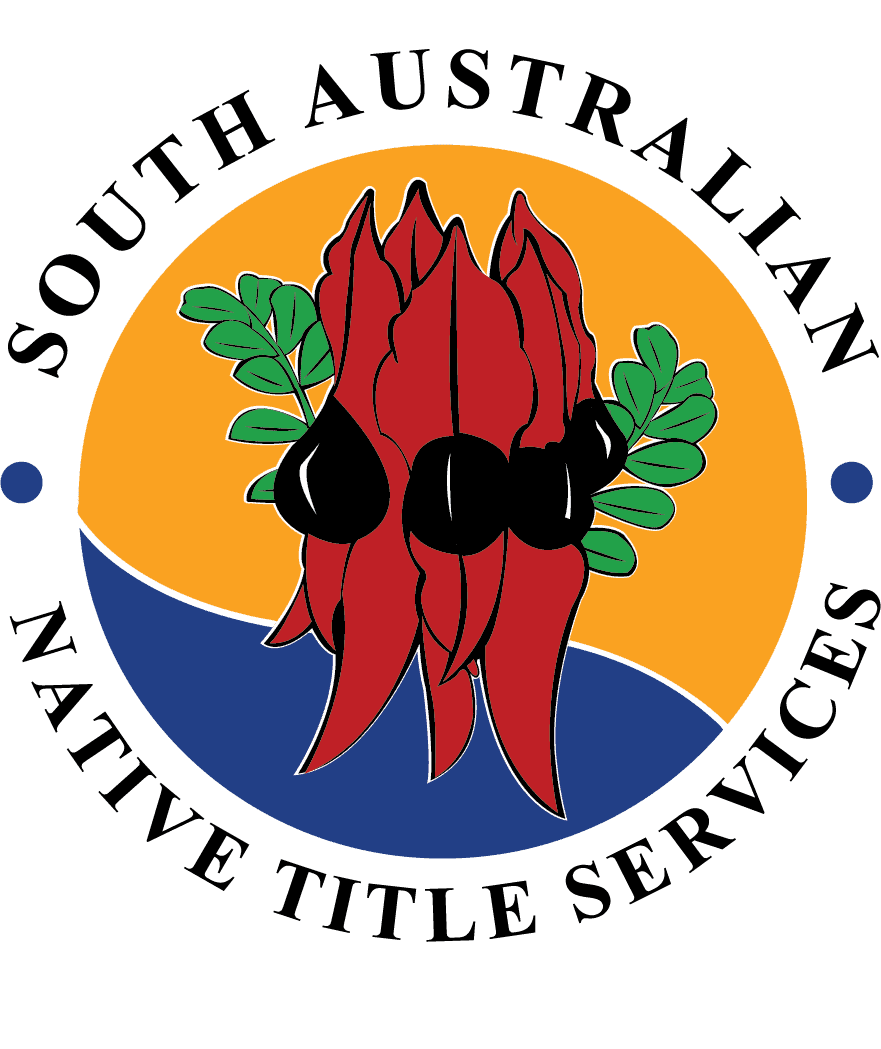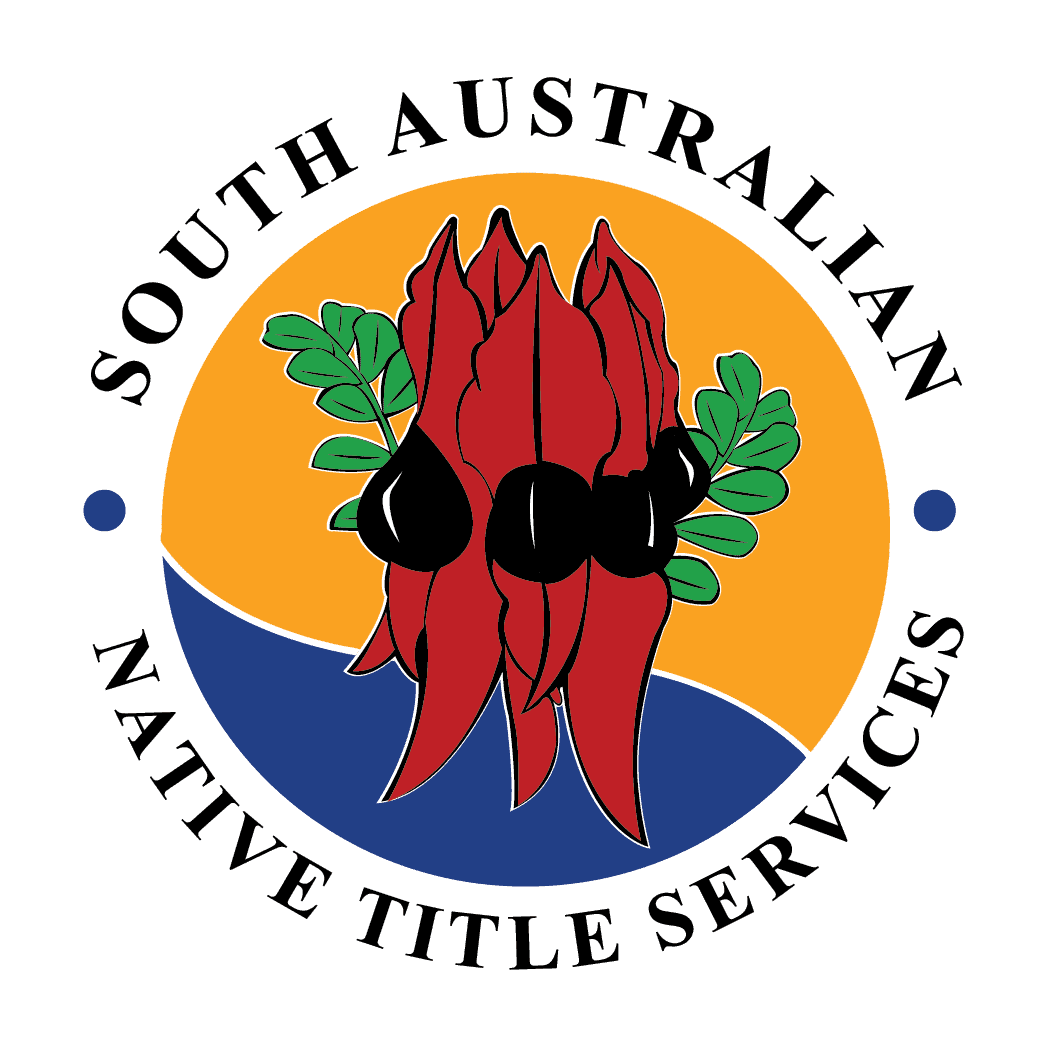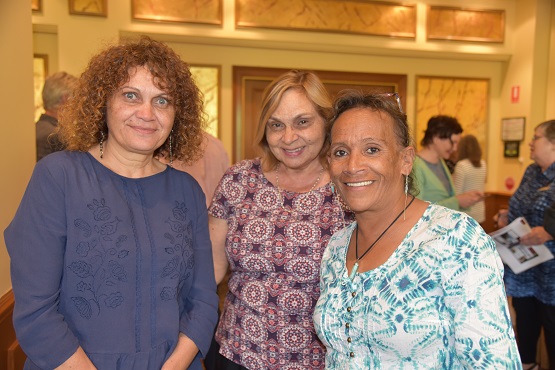There are a range of support services and funding options available to native title holder groups to help them on their journey to become independent and sustainable organisations that can contribute significantly to their communities.
That was the message of a forum of South Australian Prescribed Bodies Corporate (PBCs) held in Adelaide recently. The forum was the first in a national series hosted by the Department of Prime Minister and Cabinet, who are seeking to move PBCs towards self sufficiency within four years.
Nadja Mack, Advisor at the Land Branch of the Department and Prime Minister and Cabinet (PM&C) told representatives from PBCs present that a 2016 consultation had led her department to focus on giving PBCs better access to information, training and expertise; on increasing transparency and minimising disputes within PBCs; on providing focussed support by native title service providers and in improving engagement by government with PBCs.
The national series of forums for PBCs are a first step in achieving those outcomes.
“This is particularly important because the native title landscape is changing… we now have more land subject to determination than claims, so about 350 determinations and 240 claims currently in Australia.
“We have 180 PBCs Australia wide, in South Australia 15 and soon 16, there’s an estimate that by 2025 there will be about 270 – 290 PBCs Australia wide” Ms Mack said.
The growing number of determined areas and PBCs called for an identification and addressing of any issues she said.
PBC representatives attending heard from a range of organisations that offer support and advocacy for their organisations, including SA Native Title Services (SANTS), the Indigenous Land Corporation (ILC), Department of Environment Water and Natural Resources (DEWNR), AIATSIS, Indigenous Business Australia (IBA), Office of the Registrar of Indigenous Corporations (ORIC), Department of SA Premier and Cabinet and the National Native Title Council (NNTC).
Representatives from PBCs present spoke about their communities, country and organisations and took opportunities to discuss and debate services and reforms that were raised during the two-day meeting.
Key issues discussed at the forum included the proposed Native Title Act reforms, state based reform initiatives, funding available through PM&C and changes to the NNTC which give PBCs a greater role in its operation.
Native Title Act reforms
The Federal Government has released an Options Paper for reform to the Native Title Act. Further details of that paper and consultation are available elsewhere on Aboriginal Way online.
According to Ms Mack from PM&C, central issues of interest to PBCs include changes to agreement making, dispute resolution, membership decisions and new transparency and accountability measures. Submissions to the OptionsPaper are open until 28 February 2018.
Federal funding
Staff from the Department of Prime Minister and Cabinet explained that Commonwealth funding sources available for PBCs include: basic support funding; PBC capacity building under the Northern Australia White Paper and the Indigenous
Entrepreneurs Fund.
Basic support funding is available to all PBCs and is accessed through the local Native Title Service Provider, in South Australia SANTS. The capacity building fund aims to assist PBCs to generate economic benefits through the effective and sustainable management of land. It is available to PBCs across Australia via direct application at any time of the year.
The Indigenous Entrepreneurs Fund aims to position indigenous businesses to capitalise on opportunities across the economy. Both of those funds accept application at any time, applications are made through the PM&C Regional Office.
Representatives from the Indigenous Land Corporation also spoke about funding available to PBCs under the “OurLland Our Future” program. Open year around, the program assists Indigenous people to manage, use, care for, acquire and improve land for indigenous benefit.
State-based reform
The forum was taking place at a time of significant change explained SA Native Title Services Manager of Community Development Tom Jenkin. PBCs currently face significant reforms on a state basis, including the “RARBS” process under the state Aboriginal Heritage Act, the introduction of Regional Authorities, state based Treaty discussions, the Stronger Partners Stronger Futures project and the re-building of a statewide voice for native title groups.
Ms Heidi Crow from the Department of Premier & Cabinet (DPC) discussed the Stronger Partners Stronger Futures project. It aims to improve the ways that native title groups work with mineral explorers in the state. After a period of consultation and ideas generation, the project is now moving to fill out detail of potential changes to the system in the state.
NNTC reform
The new chair of the National Native Title Council (NNTC), Jamie Low, introduced himself to the forum. He is Chair of Eastern Maar Aboriginal Corporation, a collaboration of peoples with country around the Great Ocean Road in Victoria.
He explained that his PBC faces many challenges in common with other PBCs. It puts an emphasis on a Country Plan and also maintains a strategic plan along with economic modelling to inform decisions.
The new CEO of the NNTC is Matthew Storey. Mr Storey explained that the NNTC now invites PBCs to join the organisation.
There is no joining fee for PBCs at present and once members PBCs could have input into decisions about the future structure and priorities of the NNTC. Those decisions will be finalised at the organisation’s next AGM, to be held in September or October 2018.
Other services available to PBCs
Those present at the forum also heard about other services available for the benefit of PBCs.
AIATSIS offers family history and research services through the Native Title Research Unit. It also provides a website www.nativetitle.org.au about and for PBCs. The site is currently undergoing a redevelopment process. Once complete, the new website will serve as a central resource bank – a ‘one-stop shop’ for PBCs and for stakeholders wishing to engage with PBCs. The redeveloped PBC website will be launched at the 2018 Native Title conference in Broome to be held on 5–7 June 2018.
ORIC provides a range of services to assist PBC and other corporations to comply with their rules and the Corporations (Aboriginal and Torres Strait Islander) Act 2006 (CATSI Act). They provide a wide range of publications on their website www.oric.gov.au to provide guidance on governance issues. ORIC also offers free accredited and non-accredited governance training, including dispute management and rulebook development. The Indigenous Business Australia (IBA) offers programs assist Indigenous Australians to buy their own homes, own their own businesses and invest in commercial ventures that provide strong financial returns.
Natural Resource Management (NRM) Boards, a part of DEWNR, have a major goal that “Aboriginal people attain greater wealth and wellbeing by taking a lead in natural resource management”. They seek to consult and benefit Aboriginal people, including PBC members, in their work and to work in partnership with Aboriginal people.
Further information:
Department of Prime Minister & Cabinet Indigenous Affairs
PM&C Regional Office – Mark Tutton, phone 08 8318 2105 email mark.tutton@network.pmc.gov.au
SA Aboriginal Heritage Act reforms
SA Aboriginal Regional Authority Policy
Stronger Partners Stronger Futures project
AIATSIS PBC web page
National Native Title Conference 2018
Office of the Registrar of Indigenous Corporations (ORIC)
Natural Resource Management Boards in SA
Pic above (left to right):Fiona Singer, Lorraine Merrick & Janette Milera from Arabana Aboriginal Corporation at PBC Forum
By Lucy Kingston
SANTS acknowledges that the land on which our office is based is the traditional lands for the Kaurna people and we respect their spiritual and cultural relationship with their country.



 Protected by Patchstack
Protected by Patchstack